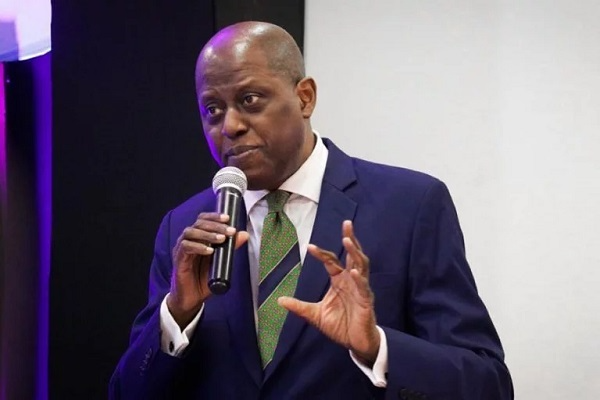A significant surge in customer activity was observed on Monday as people flocked to banking halls across Nigeria to link their Bank Verification Numbers (BVN) and National Identity Numbers (NIN) to their bank accounts.
This heightened demand was prompted by a directive from the Central Bank of Nigeria (CBN) instructing banks to deny account access to customers who had not linked their BVN and NIN.
The CBN directive stated that customers must ensure all operated accounts created through agents are fully profiled in the Nigeria Inter-Bank Settlement System (NIBSS) ICAD and tagged with valid BVN and/or NIN.
The directive also placed restrictions on accounts, indicating that any unfunded account or wallet would be placed on ‘Post no debit or credit’ immediately until the new process is satisfied.
Related News: CBN Calls for Increased Bank Capital to Meet $1 Trillion Economy Projection
While the response to the directive was evident in long queues at various banks, reports indicate that banks might struggle to cope with the anticipated rush.
Some banks considered extending working hours, including weekends, to address the backlog of customer requests.
As of October 9, 2023, over 75 million bank accounts could be restricted or blocked due to a discrepancy between the number of BVNs (59 million) and the total number of existing bank accounts.
The rush to comply with the directive has placed additional pressure on banks, with concerns raised about the potential impact on banking operations.
Additionally, despite CBN directives to banks to continue issuing and accepting old and redesigned naira banknotes, there has been an ongoing scarcity of local currencies.
This scarcity has led to rationing of naira notes to customers in banking halls, and some Automated Teller Machines (ATMs) are dispensing limited cash, contributing to concerns about cash availability.
You can also read: Financial Stocks Surge as Banks Gear Up for Recapitalization


